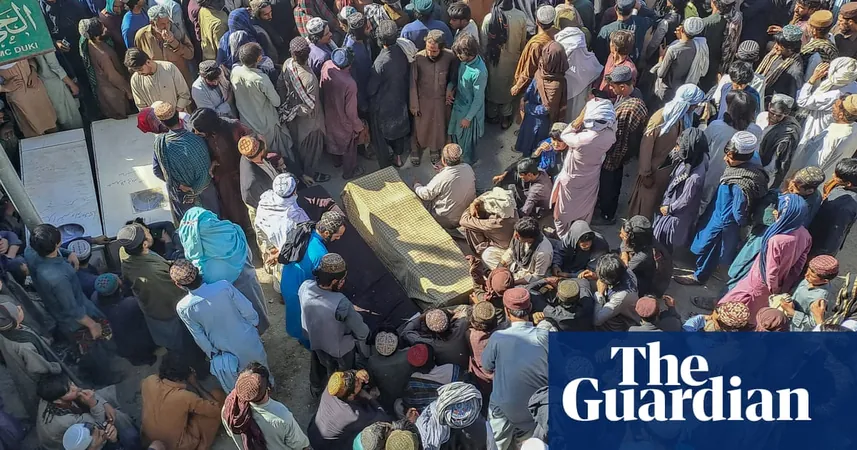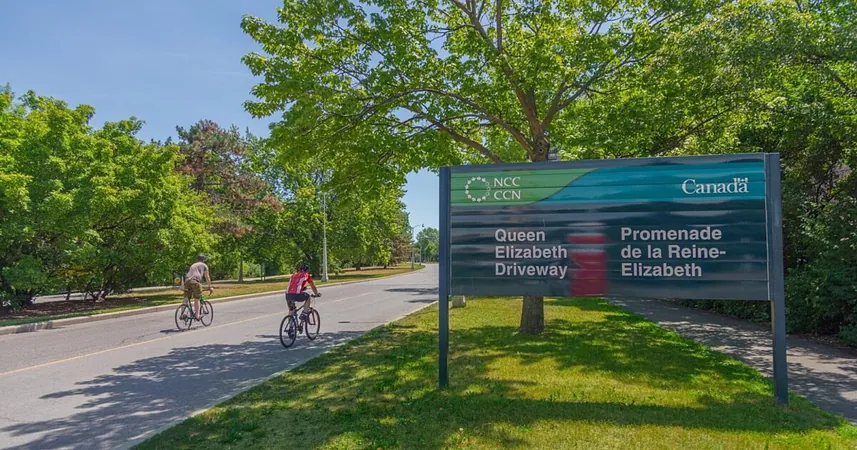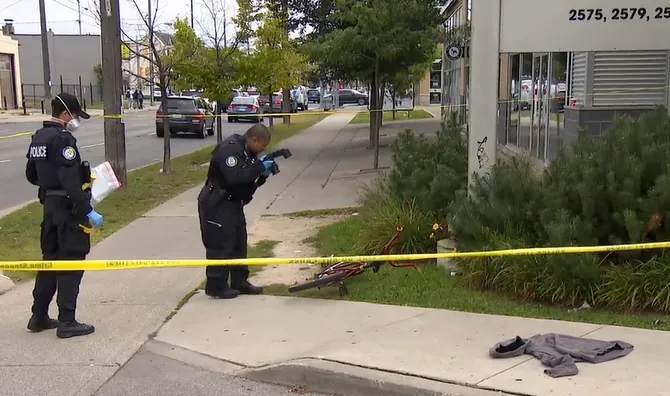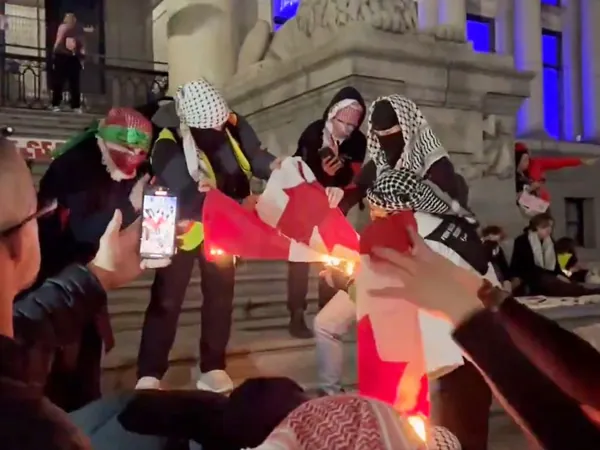
Shocking Assault on Pakistan Coal Mines Leaves 21 Dead Ahead of Major Summit
2024-10-12
Author: Noah
Overview of the Attack
In a harrowing act of violence, a group of approximately 40 armed assailants launched a brutal attack on a cluster of private coal mines in Balochistan, Pakistan, killing at least 21 miners. The attackers, equipped with guns, rockets, and grenades, stormed the Duki area early on Friday, catching many miners in their sleep and executing others after lining them up at gunpoint, according to local police officials.
Timing and Context
This tragic event comes just days before Pakistan hosts a critical summit for the Shanghai Cooperation Organisation (SCO), shining a dark light on security conditions in the mineral-rich region. Asif Shafi, a regional police officer, reported that the attackers occupied the mining site for over an hour, indiscriminately firing rockets and throwing grenades into the miners' quarters and machinery located on-site.
Casualties and Reactions
Senior government official Kaleemullah Kakar reported that the assault not only resulted in multiple fatalities but also left at least seven more miners wounded. Among the deceased were four Afghan nationals, highlighting the perilous situation faced by migrant workers in the area. In a rare show of solidarity, Afghanistan's Ministry of Foreign Affairs condemned the attack and has taken steps to facilitate the repatriation of the bodies.
Impact on Local Community
The violence sent shockwaves throughout the local community, prompting businesses and shops to shut down in protest as citizens gathered to mourn the victims and demand justice. Mine owner Khairullah Nasar revealed that they had received threats from militants previously, but there had been no indication an attack was imminent. The assailants were reported to have destroyed all ten mines and their equipment, aggravating the already precarious economic situation in the region.
Balochistan's Security Challenges
Balochistan has long been a hotspot for insurgency and conflict, primarily driven by separatist militant groups demanding greater autonomy and a share in the region’s abundant resources. These groups have increasingly targeted not only government facilities but also migrant workers, as indicated by the rise in attacks over recent months.
Government Response and Statements
Provincial Governor Jafar Khan Mandokhel condemned the barbarity of the attack, stating, “On one hand, you speak of your rights, and on the other, you murder innocent laborers.” He pledged that the provincial government would take significant action against such violence. Prime Minister Shehbaz Sharif echoed these sentiments in a statement affirming the government's commitment to eradicate terrorism in all its forms. An investigation has been ordered, and a case has been registered under the terrorism law against unknown individuals.
Ongoing Violence and Future Implications
The complexity of Balochistan's security landscape is further complicated by the presence of Islamist militants, who have seen a resurgence since breaking a ceasefire agreement with the government in 2022. Just this week, two Chinese nationals were killed in Karachi in a separate attack that was claimed by the Baloch Liberation Army (BLA), the same group responsible for a wave of violence that claimed over 70 lives in August. As violence continues to escalate, the broader implications for both local security and international relations remain uncertain, leaving Balochistan in a precarious state as it grapples with threats from multiple fronts.









 Brasil (PT)
Brasil (PT)
 Canada (EN)
Canada (EN)
 Chile (ES)
Chile (ES)
 España (ES)
España (ES)
 France (FR)
France (FR)
 Hong Kong (EN)
Hong Kong (EN)
 Italia (IT)
Italia (IT)
 日本 (JA)
日本 (JA)
 Magyarország (HU)
Magyarország (HU)
 Norge (NO)
Norge (NO)
 Polska (PL)
Polska (PL)
 Schweiz (DE)
Schweiz (DE)
 Singapore (EN)
Singapore (EN)
 Sverige (SV)
Sverige (SV)
 Suomi (FI)
Suomi (FI)
 Türkiye (TR)
Türkiye (TR)